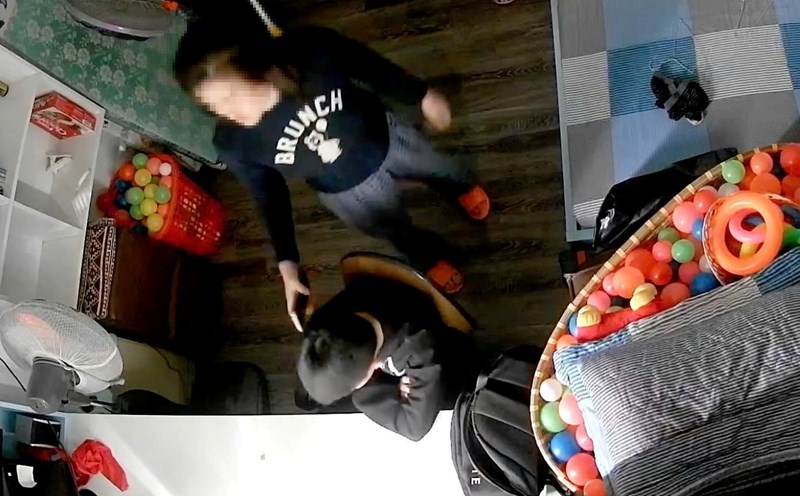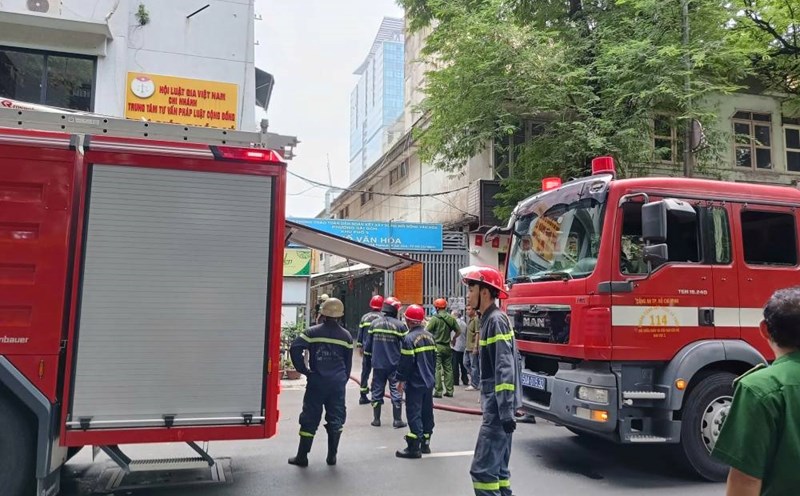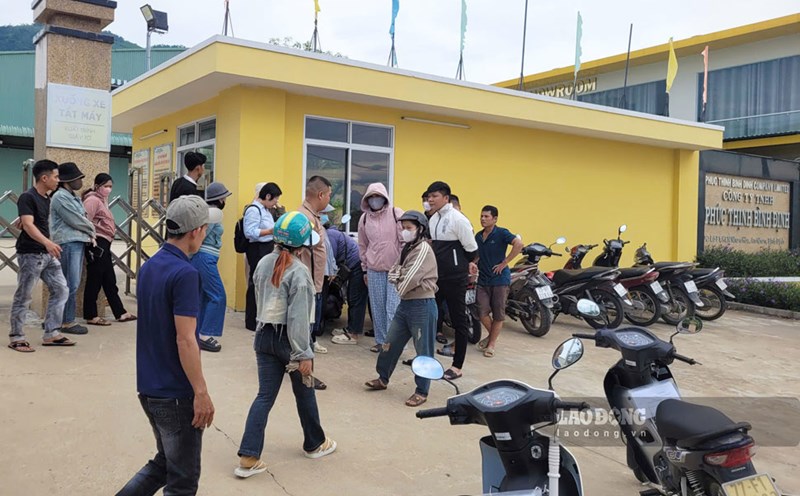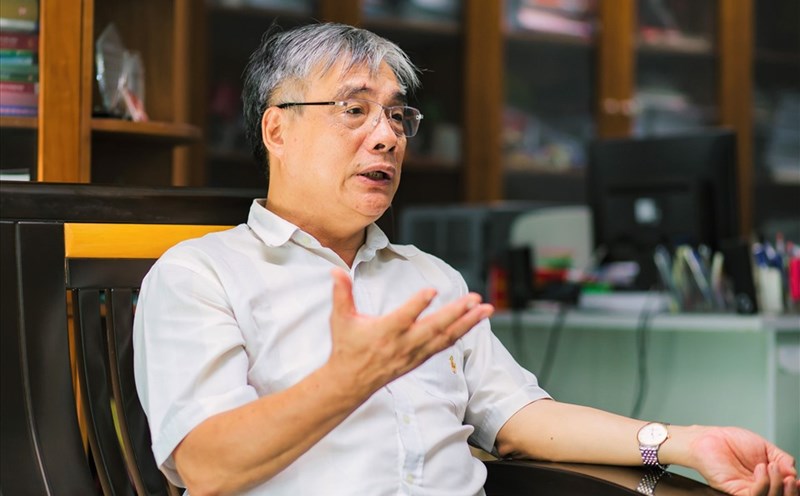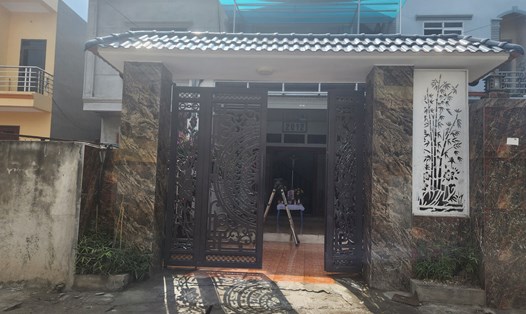There was a time when the story of saying no to plastic products, including nylon bags, became a movement. Some places sell self-dismantling bags, or use paper bags, even environmentally friendly leaves to replace them. However, when the movement subsided, nylon bags had the opportunity to overflow in markets, supermarkets, and families.
According to UNEP, the world produces about 430 million tons of plastic each year, of which more than 2/3 are disposable plastic. In Vietnam, the amount of plastic waste generated is estimated at 1.8 million tons/year, but only about 27% is recycled. The rest were buried or burned down, causing serious damage to the environment and public health.
I have been to many famous tourist areas, despite the efforts of the government, limiting nylon bags has not been effective. A friend who used to do business in the field of self-detached bag production said it very honestly: "We cannot compete with nylon bags because the selling price is still too cheap, while the cost of producing environmentally friendly products is high, of course the price is high. In addition to support, businesses like us want to have a mechanism to make the price of nylon bags really high".
This is an issue that has been discussed many times. According to Vietnam's plastic reduction roadmap, in Decree 08/2022, the People's Committees at the provincial level must regulate and implement plastic waste management activities, ensuring no circulation and use of disposable plastic products and nylon bags in shopping malls, supermarkets, hotels, and tourist areas after 2025. Vietnam aims to stop the production and import of plastic products at one time after 2030.
At the National Assembly, there were many opinions that when amending the Law on Special Consumption Tax, it is necessary to consider including and effectively tax nylon bags and disposable plastic items. Because, without strong enough sanctions, we will find it difficult to fulfill our environmental commitments. This is also a solution to change people's usage habits, contributing to reducing emissions that pollute the environment. The special consumption tax on this product will encourage businesses to invest in environmentally friendly products, change consumption behavior and follow international trends.
People are waiting for the National Assembly to vote, through special consumption tax law, the tax for nylon bags will be higher than the present.
On May 19, the Ministry of Agriculture and Information Environment, the topic "Beat Plastic Pollution), continues to be chosen by the United Nations to deploy on the World Environment Day 5.6.2025, to emphasize global urgency in resolving plastic waste crisis.
The Ministry of Agriculture and Environment also requested localities to promote multimedia communication, innovate the dissemination of environmental protection policies, and support businesses to invest in modern recycling technology and produce environmentally friendly products. In particular, using policy communication as leverage to promote law enforcement, change behavior and create clear changes in environmental pollution control, especially pollution caused by plastic waste. Each individual, organization, and business is called to become a green warrior for a Vietnam without plastic waste.
Only then can we strongly and resolutely arouse the movement of saying no to plastic products, including nylon bags.

